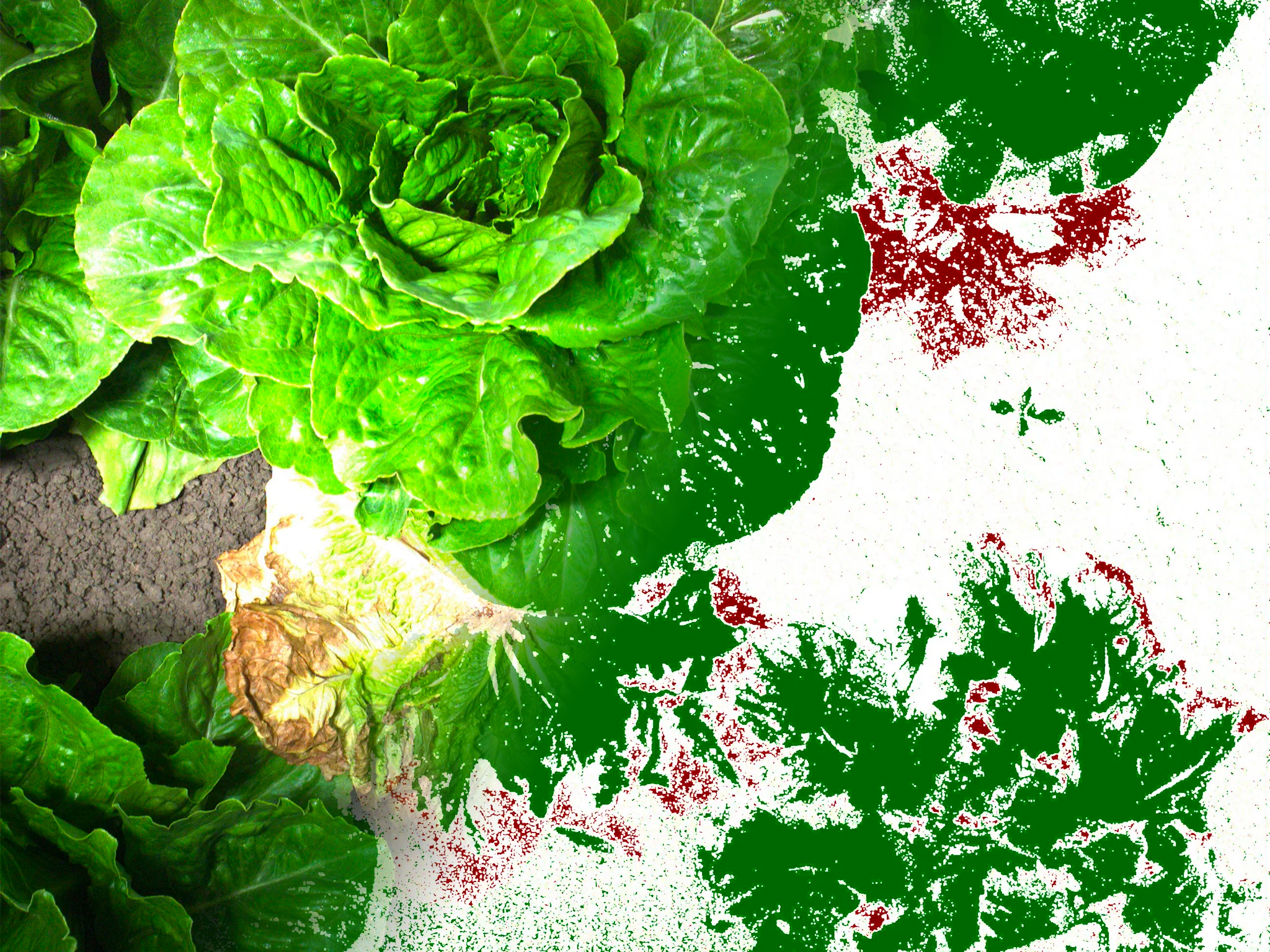Systemic Problems Need Systems-Thinking
Elliott GrantFounder, CEO
| 3 min read
The future of sustainable agriculture will be multidisciplinary.
The secret about sudden technology-driven disruptions is how long they actually take to happen. In reality, disruptive innovation happens in waves that take decades to unfold, rather than all of a sudden - especially when the change is happening in a system. Global agriculture - which is widely acknowledged to need to dramatically change to become more sustainable - is such a system. The traditional boundaries of the organizations that serve farmers - equipment companies, crop input developers, software companies, advisors - will take time to re-arrange around the disruptive effects of AI.
Much of Mineral’s work involves developing diverse applications of AI across the industry and that integrate across the supply chain. I recently had the good fortune to speak about this at the Global Fresh Produce and Floral Show in Anaheim, CA. At the event, 1,200 exhibitors were showcasing their wares and innovations. This week I’ll be in Hanover for the biannual Agritechnica where nearly 3,000 companies in the agribusiness industry will be exhibiting. These events - two of many that are held globally - are indicative of the staggering complexity and diversity of the global agriculture system. Just perusing the list of categories of exhibitors (Agritechnica has 36 main categories) illustrates the multidisciplinary nature of the industry. But that neat categorization finesses a challenging truth: changing a complex system requires many pieces of that system to change coherently and (ideally) with mutual benefit.
My friend Dan Northrup described how this multidisciplinary system slows adoption of precision agriculture in his recent guest article in Upstream Ag: “Significant transitions in agriculture are difficult because modern agriculture is an interlocking, complex system of genetics, chemistry, equipment, and agronomy.” While it’s tempting to believe that a sudden technological change - such as the explosive emergence of GenAI - will bend all the other parts of the system to change, the reality is that systemic change requires complementary changes in business models, supporting technologies, regulatory frameworks, and human habits. AI is enabling us all to rethink the boundaries, structure and conduct of the enterprise, and how value will be created in the future. This dynamic isn’t unique to agriculture - look at the changes happening in healthcare, transportation, energy, and so on.
But this observation is neither a critique of agtech investability nor a reason to bemoan the steepness of the challenge. It’s a recognition that the problem is too complex for any one company to solve alone - or even to fully conceptualize alone. It’s a call to action for the industry to explore innovative, creative ways to collaborate across its traditional categorical barriers. The opportunity is great and pressing - and the desire for positive change is widely accepted by established companies and new startups. A nice example of this ‘system thinking’ is the announcement of a three-way partnership between Innerplant, Syngenta and John Deere to make application of fungicide more precise and timely.

There are specific actions that we at Mineral have taken - and will be increasingly taking - to use AI to help transition agriculture to greater sustainability:
We will be energetically exploring new, deeper strategic partnerships and creative business structures that transcend the limitations of traditional customer-vendor relationships.
We will do our part to partner across the industry, and take an interdisciplinary approach to AI for agriculture. We will ensure data is representative of the diversity of farming, and that agriculture AI is developed responsibly for all.
We continue to strive to develop and advocate for technology that is appropriate and accessible to every strata of the global food system.
The urgency of the challenges ahead of the global food system, and the disruptive force of AI, will necessitate new ways of working together and a willingness to question traditional structures. If you’ll be in Hanover this week, maybe we can brainstorm together?